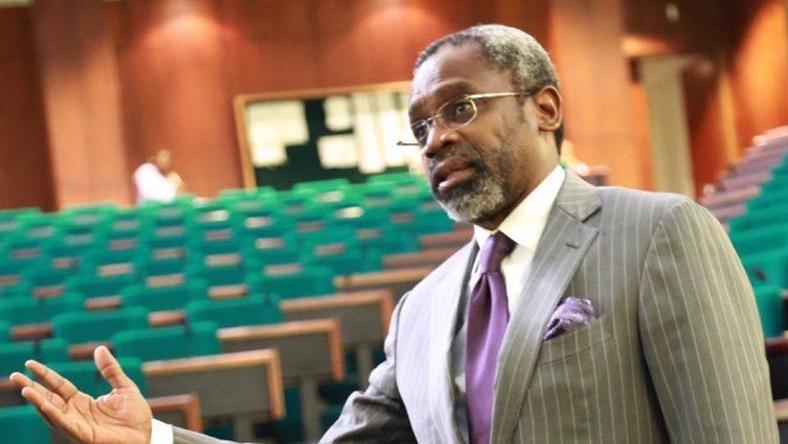
Speaker of the House of Representatives, Femi Gbajabiamila, on Wednesday said the chamber was not aware of the case that led to the judgement of the Federal High Court in Umuahia which nullified a section of the Electoral Act.
Gbajabiamila said, “I believe that President Muhammadu Buhari relies, like he should, on legal advice that is given to him. I think he relied on the legal advice that was given to him that this matter was unconstitutional.
“However, I cannot sit here and allow the institution, which I, at this present time, head and lead, to be ridiculed under my watch. I have a sacred responsibility – as we all do individually and collectively – to make sure that we leave this 9th Assembly with our heads held high and knowing that we have done everything we can to protect this institution and deepen our democracy.”
The Speaker noted that the National Assembly wanted to “deepen democracy, expand the frontiers of our jurisprudence and make sure that there is a level playing field for all and sundry” with the Electoral Act, particularly Section 84(12) and restriction of political parties to direct primaries.
He said, “Unfortunately, the case was taken to court, not minding that there was a mischief that the National Assembly sought to cure. Every law and every provision has a mischief it is trying to cure. And when you are interpreting a law, assuming that the law is ambiguous, then you go to the mischief rule to get the full clarity of what was intended.
“For the fact that the National Assembly was not joined as a necessary party was very curious. More curious was the fact that the judgment was obtained in far away Umuahia, when I know court directions should be filed where the defendants are resident.
“So, it smirks forum-shopping and venue-shopping. The truth has to be told; otherwise, we will be doing ourselves and the Nigerian public who elect us a great disservice if we cannot tell the truth at this time.”
Gbajabiamila also took a swipe at the plaintiff, who “in this case had no injury that he had sustained in the matter.”
The Speaker pointed out that “the power of the legislative body was usurped,” adding, “Under any guise, you cannot remove punctuation from a piece of legislation unless it is done by those who have the constitutional authority to do so.”
Gbajabiamila said it was on these grounds, without even going into the merits, that it behoves the National Assembly to appeal the judgment and have it set aside, adding, “It is important, not for anything, but for the sake of posterity and for the records.”
He asked the Attorney General of the Federation to respect the right of the National Assembly to appeal the judgment.
The Speaker stated, “I don’t think it is right that anyone will foreclose the right of appeal. So, I will appeal to the attorney-general to tarry and not usurp or go into the legitimate and constitutional functions of the National Assembly; because apparently, he intends to carry out the order of the court.
“I will appeal from here that the attorney-general should stop and desist for now, and not foreclose the constitutional right of appeal, and allow the law to be settled, so that we can in future say it is a settled law. Right now, it is not a settled law.”
Gbajabiamila put the points or order to motions and the lawmakers unanimously passed three resolutions: “to seek ways and means to appeal and set aside the judgment,” to “write a formal complaint to the NJC,” and that the “AGF tarry awhile until this matter is settled.”




纸飞机中文版 群组功能强大,可容纳大量成员,适合社群交流和信息分享。